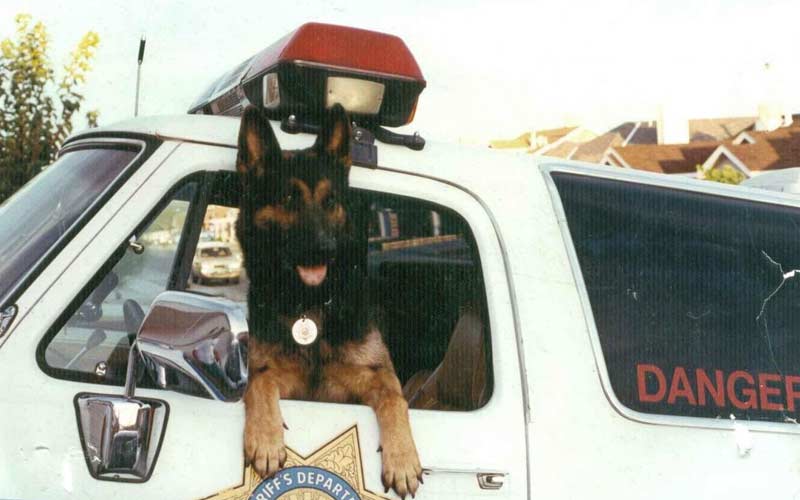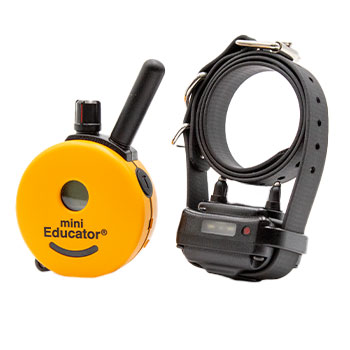On Compulsion and Inducements: The Why for Each in Police Dog Training

Foreword by Ed Frawley
I met Kevin Sheldahl in 1984 at a police K-9 school in Kansas. We have been good friends ever since. Kevin is a retired police K-9 handler. He became a K-9 Instructor and an International Police Dog Judge. Kevin's company K-9 Services runs 6-week police K-9 courses in which police officers learn how to become new K-9 handlers. To date, he has run 70 6-week courses and trained over 1,200 K-9 handlers. I don't know of another dog trainer that has Kevin's experience and knowledge of police service dogs training.
I was in the veterinarians office last week. A civilian dog trainer came in and was offering force free, all positive, dog training for the staff and doctors. I assume to promote his business. Not a bad tactic I guess. But, he was all about all positive (for which I have an aversion….forgive the pun…but positive what? Positive reinforcement I assume, but could it also mean positive punishment???). I guess the realm of being PC is everywhere and the dog training nowspeak of political correctness is in vogue.
Now I am not in any way against anything this guy was hawking. Yet, it made me think about the way I present canine learning and the way we use those means in the law enforcement world.
I have always been adamant about the need for law enforcement handlers to evaluate their training and not fall into the bigger stick approach to training. I always push skills be taught through positive reinforcement. Using an approach that basically allows the dog to discover skills that achieve success through manipulations of their environment or through handling skills to include things like, shaping, capturing, and often a bit of what I call molding…….a bit of help to get there, being the most prevalent means of teaching.
In law enforcement we are fortunate that we really only teach a handful of skills. Searching, a wholly inducive approach in training makes up the bulk of the training we do. A handful of obedience skills, like sit, down, heel, come when called, are about all we do in the realm of formal obedience and these are easily taught through the techniques l have listed.
Skills like tracking and fighting suspects and finding illicit substances are taught through a variety of inducements (think drive satisfactions) for the genetically predisposed dog as it is reared and trained.
Yet, the handler tends to focus on the control necessary to manipulate these behaviors and much of it is accomplished through compulsion once the teaching phase in completed.
Compulsion is the bad boy on the block if we return to my experience in the vet's office. A non-politically correct technique. In fact, if you look at some popular instructors in the community of trainers trainers you will even find that people make the statement that compulsion reinforces the giver. These people would have you believe that those that use aversives in training are SADISTS!
Let's explore why aversives (for those that need it spelled out, escape and avoidance training as well as positive punishment) are in one form or another absolutely necessary in the maintenance of a police patrol dog.
First it is because we have a responsibility to have control over dogs trained to bite people. This is an over riding principal in the work that we do. We must take precautions to keep the public, followed by our fellow officers, and finally the suspects as safe as conditions allow.
When we have selectively bred, intentionally reared, and selection tested for dogs that will search for and engage in combat with a human being to achieve drive satisfaction (yep these behaviors are self-rewarding!!) we will be faced with the reality that in a ever changing environment of which we have no control (in other words we cannot manipulate the training conditions like in sport, like in any controlled dog training) we must have tools to keep the dog in order.
That is it in a nutshell really. Now how we accomplish this? That is a subject for another post.











Ask Cindy.